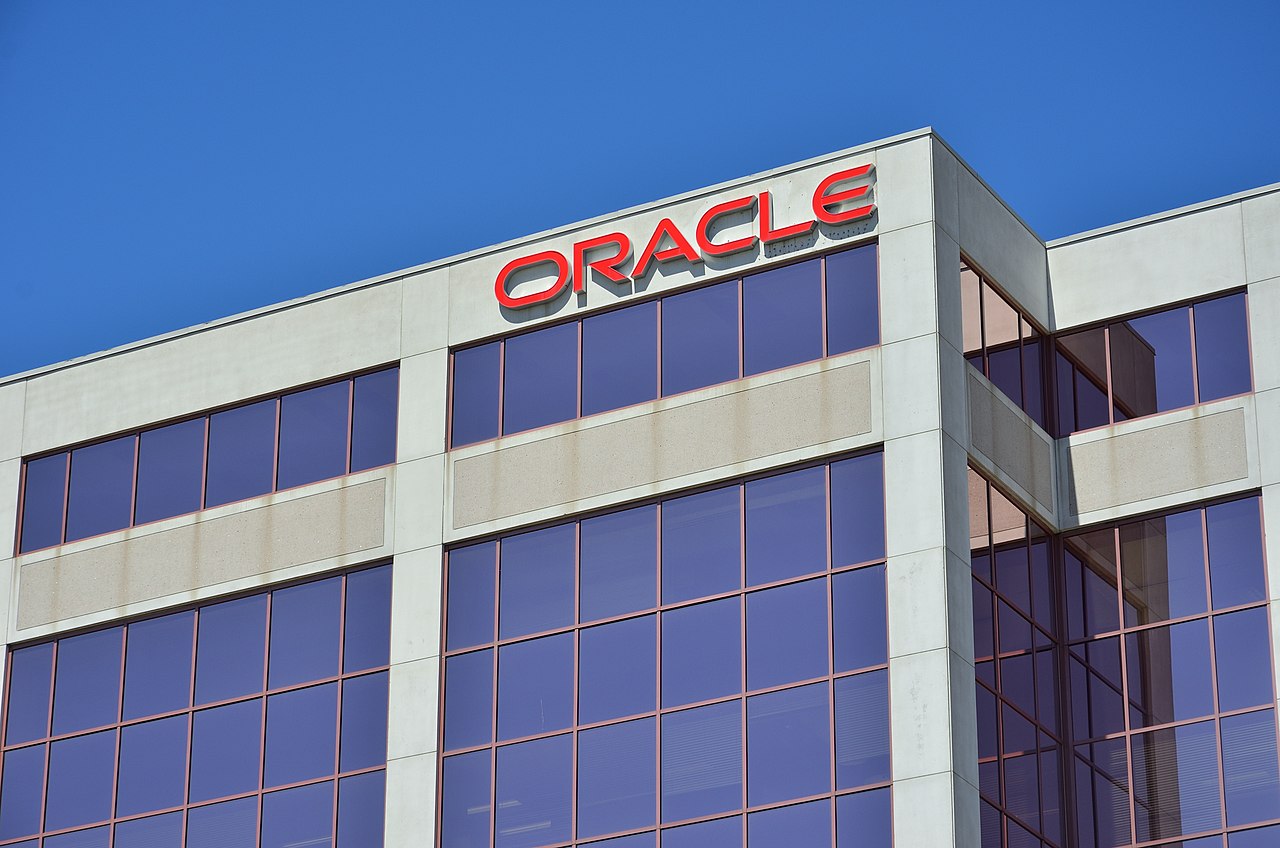Future adoption of GNU/Linux

Introduction
This article gives a forecast of the use of the GNU/Linux operating system on desktop and laptop computers. The forecast is based on developments in the last ten years and on the differences between Microsoft’s Windows, Apple’s OS X and GNU/Linux. The article also dwells on a recent outburst of anger of Chief Information Officers in The Netherlands about the killer contracts of large software companies.
Because Windows is pre-installed on most computers, Windows has excellent market visibility. Because Apple has stores in cities and other stores may also have Apple’s computers on offer, OS X enjoys reasonable visibility. GNU/Linux has very poor market visibility. People have to turn to magazines, books or the Internet to learn about GNU/Linux. As a free operating system, it is also not of commercial interest to shopkeepers.
Averaged over January 2009 till December 2009, Windows had a global market share of 94.93%, OS X had a global market share of 4.27% and Linux had a global market share of 0.69%.[1] Averaged over January 2019 till October 2019, Windows had a global market share of 77.88%, OS X had a global market share of 13.8% and Linux had a global market share of 1.65%.[2]
The rise in popularity of OS X can be explained by the characteristics of Apple’s computers. Although expensive, they are aesthetically pleasing.[3] Apple’s computers provide a means for people to show off, to have something that is different and beautiful. Because Apple’s computers are made well and function reliably, the social contacts of people strengthen their popularity. The rise in popularity of GNU/Linux can be explained by its steady development, the development of distributions that are tailored to the beginner, and the growing attention that it has got in computer magazines.
Forecast
The use of GNU/Linux has more than doubled in the last ten years. The recent distributions Ubuntu and Linux Mint are easier to use. The support of GNU/Linux by hardware manufacturers has also improved.[4] The use of GNU/Linux at home is still small compared to Windows or OS X because of poor visibility and poor vendor support.
Notable adopters of Linux include the United States Department of Defence, the French national police, the French ministry of agriculture, the federal employment office of Germany, the New York Stock Exchange, the Wikimedia Foundation, CERN, Fermilab, Amazon and Google.[5]
My forecast is that GNU/Linux will continue to advance in professional environments where stability, security or speed is of crucial importance. It will also continue to advance in public service environments where licence costs are important. Finally, the advances in professional environments will make more people familiar with the operating system, which will lead to more installations at people’s homes.
Current affairs

In October 2019, a newspaper in The Netherlands reported extensively about the way large software suppliers extort money from their customers. A number of Chief Information Officers (CIOs) took the lid off the cesspool and their complaints got a lot of affirmation on social media platforms, according to the newspaper.[6]
The CIOs complain about the killer contracts written by Oracle, SAP, Microsoft and IBM that are imposed on them. They complain about unilateral changes in licences, for example the replacement of the method by which the use of the software is metered, resulting in higher costs.[6] The CIOs also complain about the aggressive auditing and the enormous financial claims that result from them.[7] Research of the newspaper shows that disputes are more often the rule than they are the exception. Hospitals, the police and a government agency for carrying out the employee’s insurances, paid millions of euros to settle conflicts.[8]
The Dutch government is also a victim. The Dutch government has conflicts with Oracle since 2015, about claims that are worth billions of euros. Oracle threatened the Dutch government with a penalty bill of 3.2 billion euro for ‘illegal’ use of its software by eight ministries and administrative institutions.[6] That amounts to 188 euro per citizen of The Netherlands.
The penalties of the big software suppliers are effective, however. Companies that are confronted with sky-high penalties fear disruptions of their processes or legal consequences. In most cases, the penalties result in a financial settlement. The settlements usually end up in signing an agreement of confidentiality, so that the settlements get covered up.[6]
A lawyer who wrote an opinion article about the subject, states that the biggest suppliers have a considerable market power. Because of their market position, they can impose their licence terms. They are also protected by the copyright of their software, which is a powerful right.[7]
The annoyance of the CIOs about their dependency, the vendor lock-in, has been kept private for many years.[6]
The newspaper stated that it is the first time that the CIOs complain about the killer contracts.[6] However, it was not the first time that abuse of market power by large software providers in The Netherlands got publicity. In October of 2015 another newspaper in The Netherlands reported about the results of an investigation of the ICT market for Dutch local administrations. That market was controlled by two companies, PincRoccade and Centric. They abused their power by asking high prices and excluding other companies, according to many local administrations. The investigation revealed deep frustration, but also resignation.[9]
How did this all come about? IBM’s first personal computer was introduced in August 1981. In 1991 the Internet was made available for public use. In August 1995 Microsoft released Windows 95, which had a graphical user interface. At some time in history, the Dutch authorities stated publicly that they liked computers. They said that they were going to employ them.
Administrations in The Netherlands, both at the national and at the local level, were accustomed to put out to tender all kinds of works. Roads, bridges, tunnels, dredging, rural development and buildings. They were accustomed to be in control by deciding what company gets a job. They were also accustomed to paying a fair price by inviting offers first. When administrations wanted to employ computers, it spoke for itself that the work was put out to tender. However, the officials did not understand that investing in the application of information technology differs fundamentally from investing in machines and from hiring employees. The software companies who do automation projects came to understand it over time. Their profit model is to make customers dependent and then squeeze them with claims that amount to millions of euros.[8]
The anger about the way big software companies extort money from their customers, the conflicts of the Dutch government with Oracle about claims that are worth billions of euros, the annoyance of Dutch companies about vendor lock-in, all are easy reading for the open source community. It will be difficult for large companies to acknowledge that they have become dependent on another company. It will also be difficult for national and local administrations to acknowledge that they made a mistake. The more software that you use which source is closed to you, the more dependent you become. The more dependent that you become, the more vulnerable to abuse.
The CIO of a temporary employment agency in The Netherlands has said that employing open source software is not realistic.[6] However, management science states that in the short term almost nothing can be changed, whereas in the long term everything can be changed. Therefore, time will tell whether the outburst of anger is an omen of the next step of GNU/Linux.
External links
The following documents are recommended for confirmation and study, respectively.
- The stranglehold of the software giants
- Mogelijkheden om de afhankelijkheid van ICT-leveranciers te verminderen (Dutch)
References
- https://gs.statcounter.com/os-market-share/desktop/worldwide/#monthly-200901-200912-bar
- https://gs.statcounter.com/os-market-share/desktop/worldwide/#monthly-201901-201910-bar
- https://www.computerhope.com/issues/ch001238.htm
- https://www.computerhope.com/issues/ch000575.htm
- https://en.wikipedia.org/wiki/List_of_Linux_adopters
- Lange, R. de & Laupen, J. (2019). Geest is uit de fles in de strijd tegen softwareleveranciers. Het Financieele Dagblad, 18 October 2019, p. 18-19.
- Krikke, J. (2019). Laat het recht zorgen voor meer balans in de complexe softwaremarkt. Het Financieele Dagblad, 18 October 2019, p. 25.
- Lange, R. de & Laupen, J. (2019). IT-leverancier Oracle claimde miljarden bij Rijksoverheid. Het Financieele Dagblad, 15 October 2019, p. 1.
- Stokmans, D. (2015). PincRoccade en Centric ‘misbruiken marktmacht’. NRC Handelsblad, 17 October 2015, p. 2, 20-21. (The main article on pages 20-21 is available online at https://www.nrc.nl/nieuws/2015/10/17/gegijzeld-door-de-softwareboer-1545991-a1196802.)
Date
10 November 2019
Last revision
29 July 2022
Attributions
Picture 1 was copied from https://commons.wikimedia.org/wiki/File:Haliaeetus_leucocephalus_in_flight_over_KSC.jpg. The photograph was taken by Gary Rothstein of NASA. The photograph was uploaded to Wikimedia by Uwe. The photograph is in the public domain.
Picture 2 was copied from https://commons.wikimedia.org/wiki/File:OracleMarkham8.jpg. The photograph was taken by Raysonho. The photograph was uploaded to Wikimedia by Raysonho. The photograph is in the public domain.